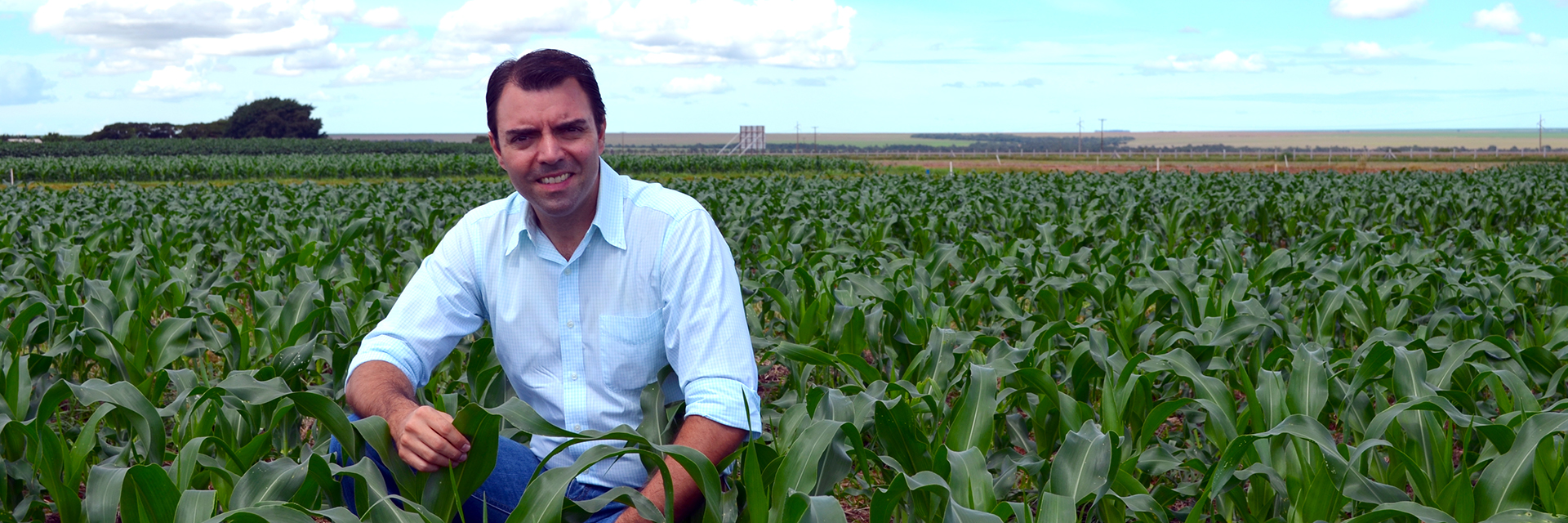Extension
How to be most effective in establishing connection with farmers, crop consultants, and other end users? It is clear that timely web-accessible publications, direct conversations, on-farm research trials, regular research updates at conferences/workshops, crop diagnostic training, and field visits are some of the tools that can be implemented. Interactions with farmers, consultants, Extension agents and researchers are both essential and rewarding.
For the success of an Extension program it is critical to early establish strong communication and connections with the final users (Extension agents, producer, etc.). In addition, time and efforts are required to be invested; genuine concern and approachability need to be expressed for an Extension program to be effective.


